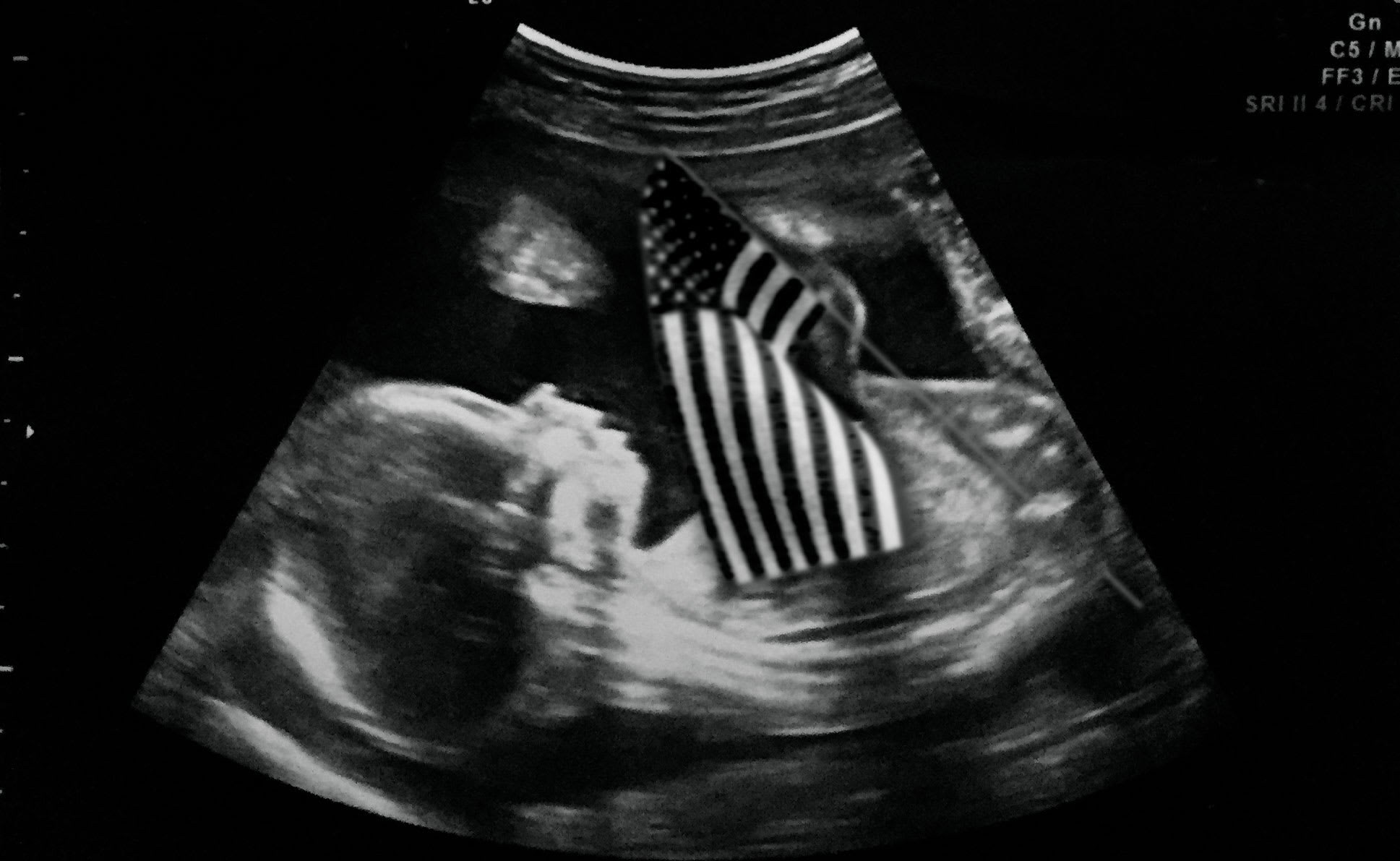U.S. maternal mortality rate far exceeds other high-income nations. Here's what's different.
While U.S. pregnancy-related deaths have fallen back to pre-pandemic levels, the country's maternal mortality rate is still a national crisis — far exceeding other high-income nations, a new report shows.
Approximately 22 women died from childbirth-related causes for every 100,000 live births in the United States in 2022, according to the Commonwealth Fund, a private research foundation, making the U.S. the country with the highest rate of maternal deaths of any high-income nation analyzed.
In comparison, the three countries with the lowest rates are Sweden, with nearly three deaths for every 100,000 births, Switzerland, with one, and Norway, with zero.
Other nations analyzed included: Australia, Canada, Chile, France, Germany, Japan, Korea, the Netherlands, New Zealand and the U.K. - half of which had fewer than five women die per 100,000 births. Maternal deaths can happen during pregnancy or in the year after childbirth. In the first week postpartum, for example, severe bleeding, high blood pressure and infection are the most common causes contributing to maternal deaths. Nearly two-thirds (65%) of mothers in the U.S. die during the postpartum period, the report adds.
Within the U.S., the rate is lowest for Asian Americans and highest for Black women. For Black women in the country, the rate jumps to nearly 50 deaths for every 100,000 births.
Prior research has shown Black mothers receive worse maternal care than White patients.
"Racial disparities exist both within hospitals and between hospitals for maternal morbidity," the report states. "Inequities in access to care and patients' experience of care are often rooted in discrimination and clinician bias."
What else might be playing a role in the drastic differences between countries? The types of support women receive — or don't receive.
"Compared to women in the other countries we studied, U.S. women are the least likely to have supports such as home visits and guaranteed paid leave during this critical time," the report states.
High-quality postpartum care, including home visits, allow providers to assess maternal and mental health concerns. All countries studied, except the U.S., guarantee at least one home visit within one week postpartum.
In Switzerland, it's much more — with up to 16 home visits covered by national insurance in the first 56 days after birth.
Paid leave follows a similar pattern.
"All countries included in this study, apart from the U.S., mandate at least 14 weeks of paid leave from work. Several countries provide more than a year of parental or home care leave," the report states.
The U.S. and Canada also have the lowest supply of midwives and OB-GYNS, according to the report. Norway and Sweden, however, are among the top four countries with the highest supply.
"Our findings suggest that an undersupply of maternity providers, especially midwives, and lack of access to comprehensive postpartum support, including maternity care coverage and mandated paid maternity leave, are contributing factors (to maternal mortality)," the report adds. "Because both these factors disproportionately affect women of color, centering equity in any future policy changes will be a key to addressing the crisis."



